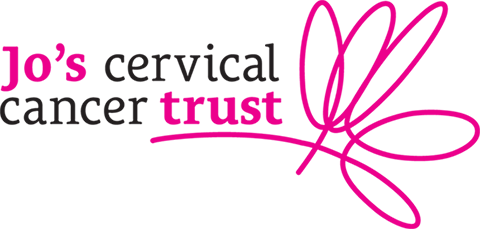The UK Government will soon be publishing a ‘Health Disparities White Paper’ setting out policies and plans to reduce inequalities in health outcomes, and to support more people to live longer and healthier lives.1
Ahead of the publication of this new paper, Jo’s has joined with 47 other charities and organisations, to call on the government to be bold in its ambition and provide much-needed investment to tackle health inequalities.
Why is this important?
Did you know that people in the poorest areas of the UK are more likely to have poorer health and die earlier? In the case of cervical cancer, incidences in England are 65% higher for women living in the more deprived areas compared to the least deprived.2 Mortality rates are 148% higher.3
We know cervical cancer is largely preventable through the combination of HPV vaccines and cervical screening (smear tests).4 However, women living in deprived areas of England are around 40% less likely to attend their cervical screening than those in the least deprived areas.5 Teenage girls and women living in high levels of social deprivation are also less likely to have received the HPV vaccine.6
What do we want to see?
The White Paper presents an opportunity for the Government to set out ambitious strategies and targets. We have joined with organisations including Cancer Research UK, Asthma and Lung UK, and the British Medical Association in setting out what we hope to see in the White Paper. This includes:
- Developing and investing in population-wide measures, in addition to targeted support for individuals and at-risk groups, to truly address the risk factors linked to health inequalities
- Sustainable and sufficient funding, and a workforce that can deliver
- Policies to address key risk factors such as smoking, housing, poverty, and obesity
Read the priorities outlined in our consensus statement >
Our work at Jo's
As well as the consensus statement, at Jo’s Cervical Cancer Trust we urge the UK Government to include actions to tackle inequalities and disparities in cervical cancer prevention. This includes identifying groups where uptake of the HPV vaccination exists and removing barriers and awareness of, and access to, screening.
Eliminating cervical cancer should be an ambition shared across the UK. It is through working in partnership that we will start to get closer to that goal.
To reach underrepresented communities, at Jo’s we often partner with expert organisations and co-produce information and resources with the communities we strive to reach.
Most recently, we have been working with Home-Start in Scotland, an organisation that supports families through their toughest times. By engaging with Home-Start members through a focus group, we have developed our understanding of the barriers young women living in areas of deprivation face when attending cervical screening, so that we can learn what more we can do to help.
For example, women have told us they can feel anxious when they’re invited for cervical screening as they may not understand what’s involved in the test, and may have no relationship or rapport with the sample taker, so they find it intimidating to attend. Practical barriers such as childcare, using public transport, and getting time off work have also been highlighted. Our training helps equip staff and volunteers with the tools they need to raise cervical health with the women they support, and to pass on our health messages. Our aim is to increase knowledge about cervical screening so they are empowered to make an informed choice about attending.
Addressing the impact of these inequalities cannot be the work of charities and healthcare organisations alone. We urge the UK Government to align action with their vision - recognising that prevention is better than cure 7- and to provide much needed investment to the services that engage with underrepresented and at-risk communities.Prioritising prevention - and tackling disparities and inequalities - will help to improve the health of the nation, protect the NHS, and allow more people to live longer, healthier lives.
References
1 https://www.gov.uk/government/news/government-launches-landmark-reviews-to-tackle-health-disparities
4 https://www.who.int/health-topics/cervical-cancer#tab=tab_1
5 https://news.cancerresearchuk.org/2008/12/02/deprivation-doubles-cervical-cancer-risk/
Categories: Policy
